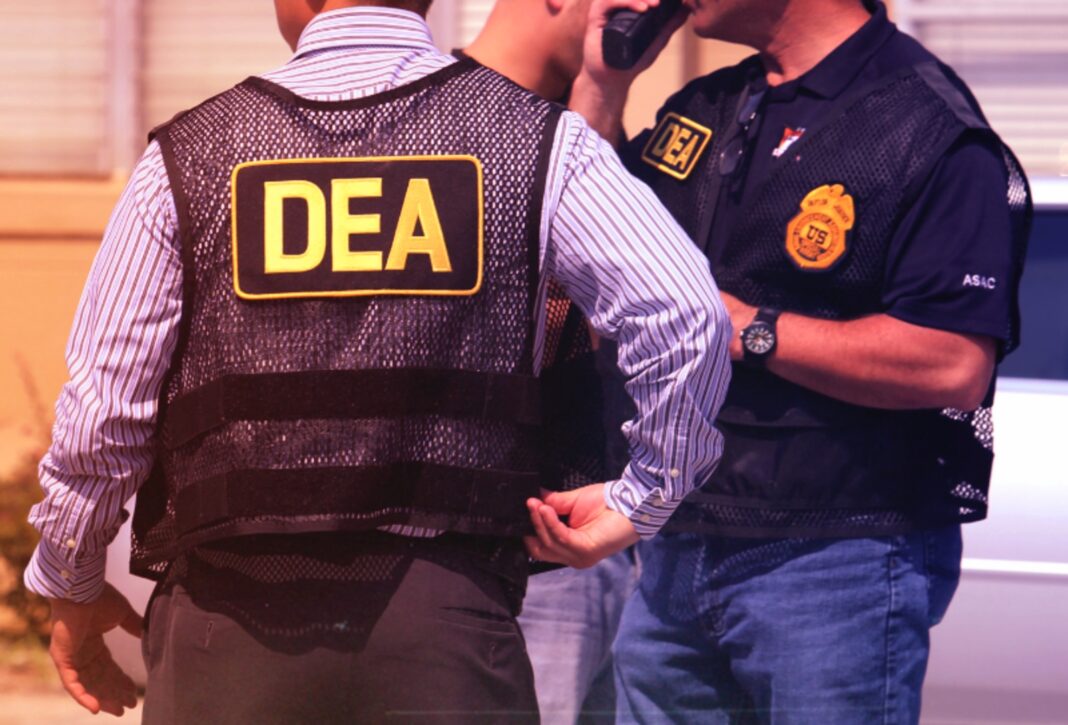
It’s not a good look for a DEA Agent to be caught smoking weed, which is why they take their testing pretty seriously. But a problem occurs when the test itself isn’t very reliable.
That’s the case with lots of THC tests out there, and in the case of Anthony Armour specifically, he was fired for a positive test despite his claims that he was only taking CBD as an alternative for treating chronic pain.
This all happened in 2019, and Armour sued the DEA last year. The case finally wound down last week with a result in Armour’s favor. The DEA was ordered to reinstate Armour and give him backpay along with eligibility for a pension.
This was all because of the consumption of a federally legal substance. Armour was an agent for 16 years, and to fire him based on a positive test result must have meant these THC tests hold lots of sway in the agency. So why then are they so unreliable?
For one, it’s sketchy to use them during roadside stops, because unlike a breathalyzer that can tell if there is alcohol currently running through a person’s blood, THC can stay in the system for up to a week. And now, if CBD, a legal substance under the 2018 Farm Bill, can be mistaken for THC, then there really shouldn’t be much weight to the results of these tests.
This all may soon be negated if the DEA decides to reschedule marijuana to Schedule III. The DEA doesn’t allow the consumption of any drug that is listed on Schedule I or II.
Read the original story at Marijuana Moment.











